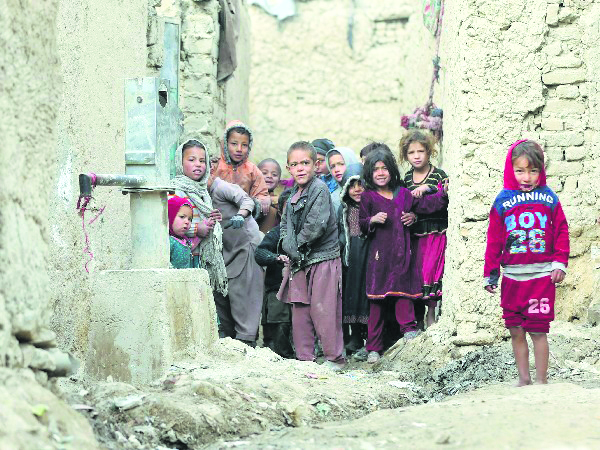In its most recent study, the International Rescue Committee (IRC) stated that 40 per cent of children in Afghanistan do not meet their needs, emphasising that one-third of the country’s youngsters are involved in labour work, according to Khaama Press.
According to the organisation, many youngsters have been forced into onerous employment by their families as a result of growing poverty following the emergence of the Taliban administration.
The report, of the International Rescue Committee stated that humanitarian groups in Afghanistan have failed to meet even the most basic needs of Afghan children.
Previously, the United Nations Children’s Fund (UNICEF) declared that children in Afghanistan are forced to work in hazardous conditions to survive. According to a 2022 report, 131,400 children, some as young as five years old, have been separated from their families and are subjected to violence and abuse in northern Afghanistan, reported Khaama Press.
According to the UN, children’s access to basic services in Afghanistan has been hampered by prolonged conflicts, displacement, severe poverty, food insecurity, a lack of livelihood opportunities, and a lack of investment, and there has been an increase in recruitment, abuse, and sexual violence against them.
It’s worth noting that the Taliban administration has disputed the UN report and has emphasised the importance of children’s rights in the country.
Meanwhile, as poverty grows in Afghanistan, the number of youngsters, seen working on the streets in the country has seen a drastic increase in number, raising concerns among human rights and children’s organisations.
Since the Taliban seized power, Afghanistan has become one of the worst places to live, especially for children whose fundamental rights are being compromised amid the strict rules and regulations of the de facto authorities.
Following the sanction by the international community of the Taliban, as it took control, the country has faced financial, acute humanitarian, and human rights crises.
Following the Taliban’s return to power in August 2021 and their crackdown on the rights and freedoms of Afghan women and girls, Afghan women have been leading miserable lives.
Girls are banned from education beyond sixth grade, including university, and women are barred from most jobs and public spaces.

















